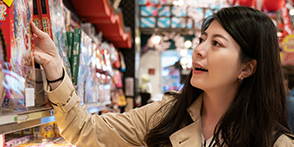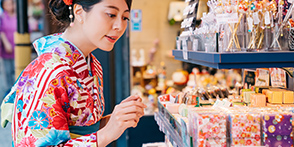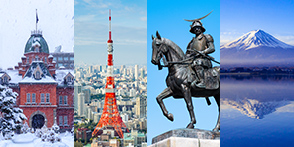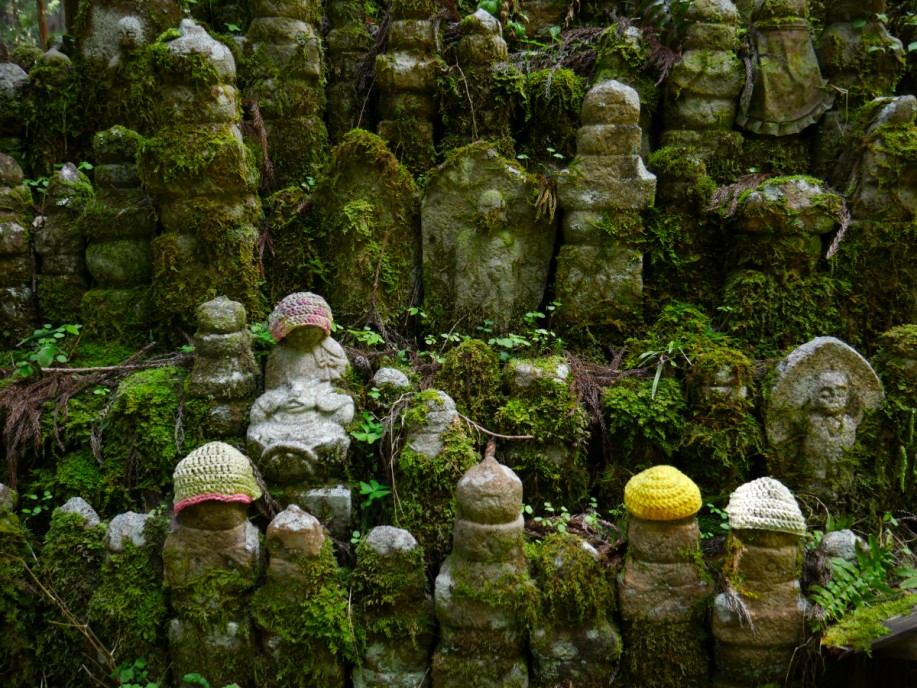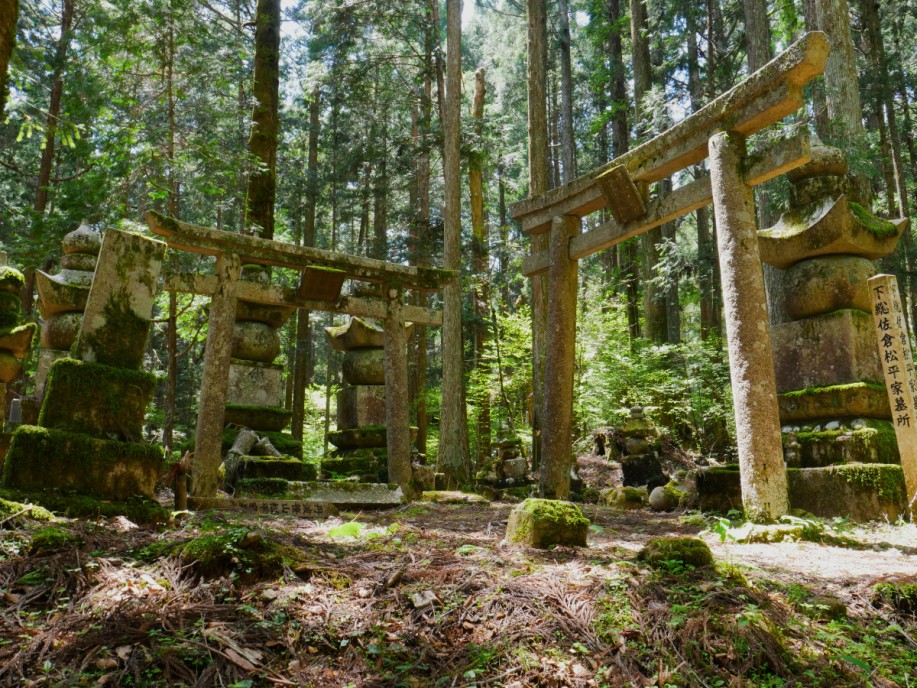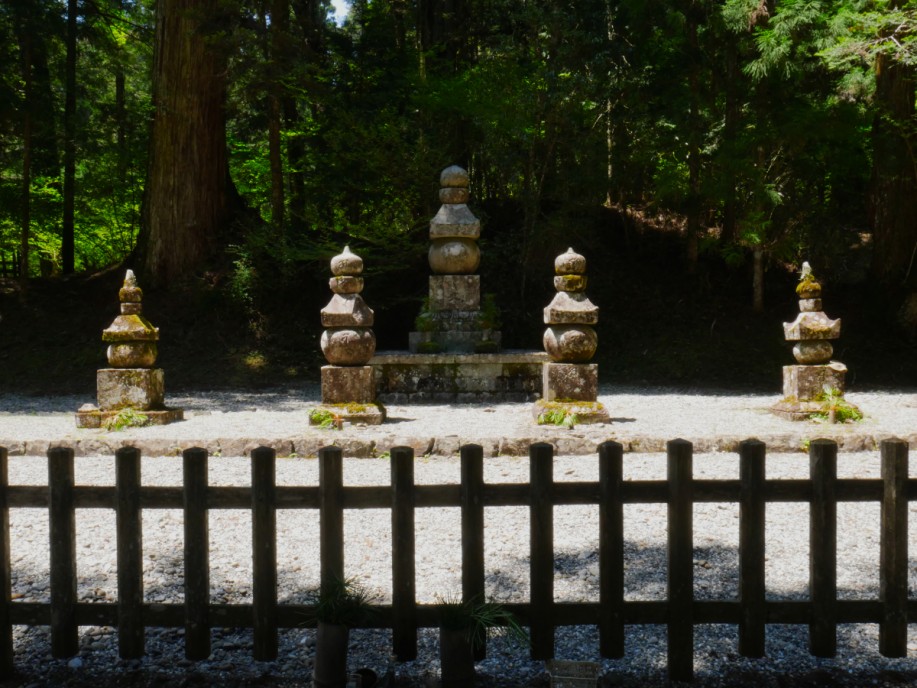-
地区
- 关西
- 和歌山
-
分类
- 地区
- 日本文化
- 其他
-
更新日期
- 2019-12-15
Okunoin is Japan’s largest cemetery, and although the grounds itself contains over 200,000 graves, according to legend, there are no real dead at the resting grounds, only sleeping spirits waiting to rise up again.
As claimed by the Shingon Buddhist School, the famous monk Kukai entered a state of eternal meditation in 835 to wait for the arrival of the future buddha. The prophecy states that when Kukai awakens from his meditation, all the sleeping souls at Okunoin will join him and arise from their graves.
Who was Kukai?
Kukai, also known as Kobo Daishi, was a Heian era monk who is known for being the founder of the Shingon school of Buddhism in Japan.
Born into an upper class family, Kukai took part in studying Confucianism, however, around the age of 15, it seems that he lost interest in Chinese studies and instead developed a passion for Buddhism. Buddhism was a relatively new thing in Japan at the time, and not yet accepted into the culture, so much so that the Emperor of the time, Emperor Kammu had banned the religion from his new capital in Heian (modern day Kyoto).
It is said that Kukai had a dream that told him to go to China to study Buddhism under the tutelage of the famous Chinese monk Huiguo.
Beginning his studies in 805, in just a few short months, Huiguo proclaimed Kukai as a master of Buddhism and commanded him to return home so that he could share his knowledge and wisdom.
In 806 Kukai returned to Japan, and thus started the slow process of introducing Buddhism in Japan. Overtime the new religion became accepted in Japan and the specific form that Kukai was teaching was named Shingonism.
...... read the rest of the article on the grape Japan website:


